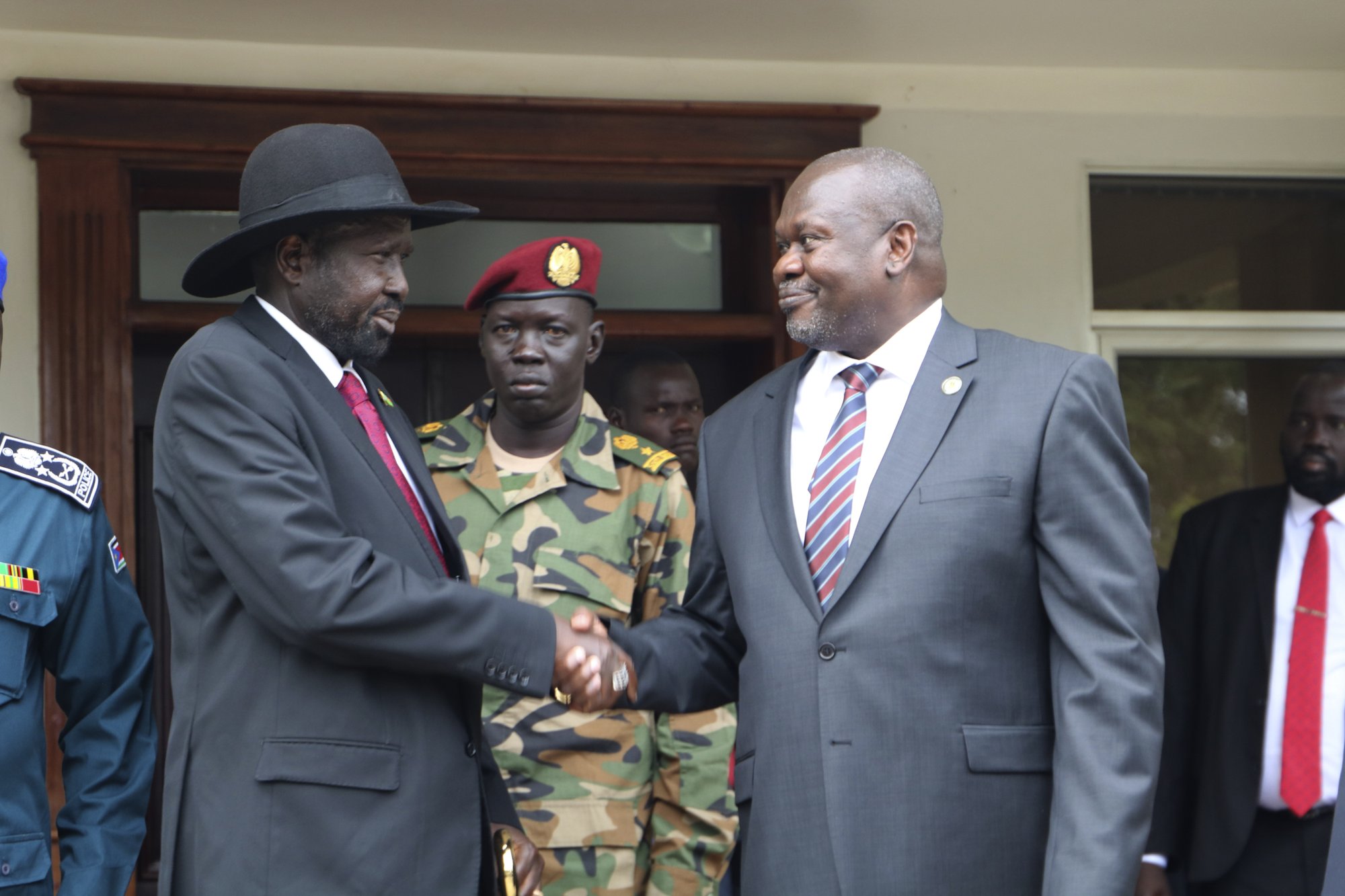- ASRY Awarded 2024 RoSPA Gold Medal in Health and Safety
- BP ponders shifting focus away from renewables, say sources
- QatarEnergy enters 10-year naphtha supply agreement with Japan’s ENEOS Corporation
- The International Energy Agency expects oil demand growth to slow in 2024
- The International Monetary Fund re-selects Kristalina Georgieva as its director
- Libya to target producing 1.4 million b/d by end 2024
- TotalEnergies launches the Marsa LNG project and deploys it multi-energy strategy in Oman
- H.E. Minister Al-Kaabi: Demand for oil and gas will continue for long; we have to be responsible, and Qatar is doing its part
- Egypt to stop exporting LNG starting from the beginning of May 2024
- QatarEnergy selects Nakilat to own and operate 25 conventional LNG vessels

South Sudan: Oil production fell to 175,000 barrels per day, and the licensing round was mandatory postponed to 2021

Oil production in southern Sudan has been affected by the Corona virus. The production has decreased to 175 thousand barrels per day currently. A senior oil ministry official says that restricting international travels has badly affected the oil industry, increasing costs and increasing the time it takes to transport equipment to the oilfields. “There are no planes flying, workers are not rotating, materials are not delivered on time, and all this affects production levels,” he added.
In terms of investments in the oil sector, they have declined due to the civil conflict that affected the country since late 2013. However, the situation improved relatively after the conclusion of a peace agreement between President Salva Kiir and opposition leader Rick Machar in September 2018, as the level of violence decreased in the conditions of a peaceful settlement. The government is now working with oil companies in the country to increase production and attract investment.
Because of the global outbreak of the Corona epidemic, the government of the Republic of South Sudan announced that it had postponed its first round of oil licensing until early next year 2021. Juba had previously granted concessions to foreign oil companies, but it has now decided to work with the licensing rounds system in order to enhance transparency and generate more competition on Sectors offered.
There is a tendency in the oil sector to divide the current concession sectors into smaller blocks to accelerate the development of oil fields by attracting more investors to the country, especially Western European and American companies, so that the current prevailing investment pattern which is dominated by Asian oil companies, especially Indian, Chinese and Malaysian companies could be changed.
The Ministry of Oil said in a statement: “Many Western countries do not know South Sudan, as many Western companies used to work here in the past before they withdrew with the outbreak of the conflict. The ministry aims to encourage these companies to return back for work in South Sudan.”
Future aspirations
The Juba government plans to increase oil production to 350,000 barrels per day by the end of 2023. Of course, international demand will play a role in reaching this goal, as will the production cuts agreed upon between OPEC and a group of ten non-OPEC countries, including the South Sudan (OPEC +) is another role. Under the agreement reached between them to reduce the impact of the Covid-19 crisis on oil prices, producers agreed to cut production by 9.7 million barrels per day in May 2020, which was reduced to 7.6 million barrels per day in August as prices recovered slightly.
Juba wants OPEC+ to take into account the importance of maintaining oil production in South Sudan for national development. When countries such as South Sudan, which have less developed oil sectors, are forced to reduce their oil production, this affects income and threatens the development and economic future of those countries. Therefore, Juba hopes that the OPEC+ group will take into account the conditions of these countries in order to be able to manage the required development.










